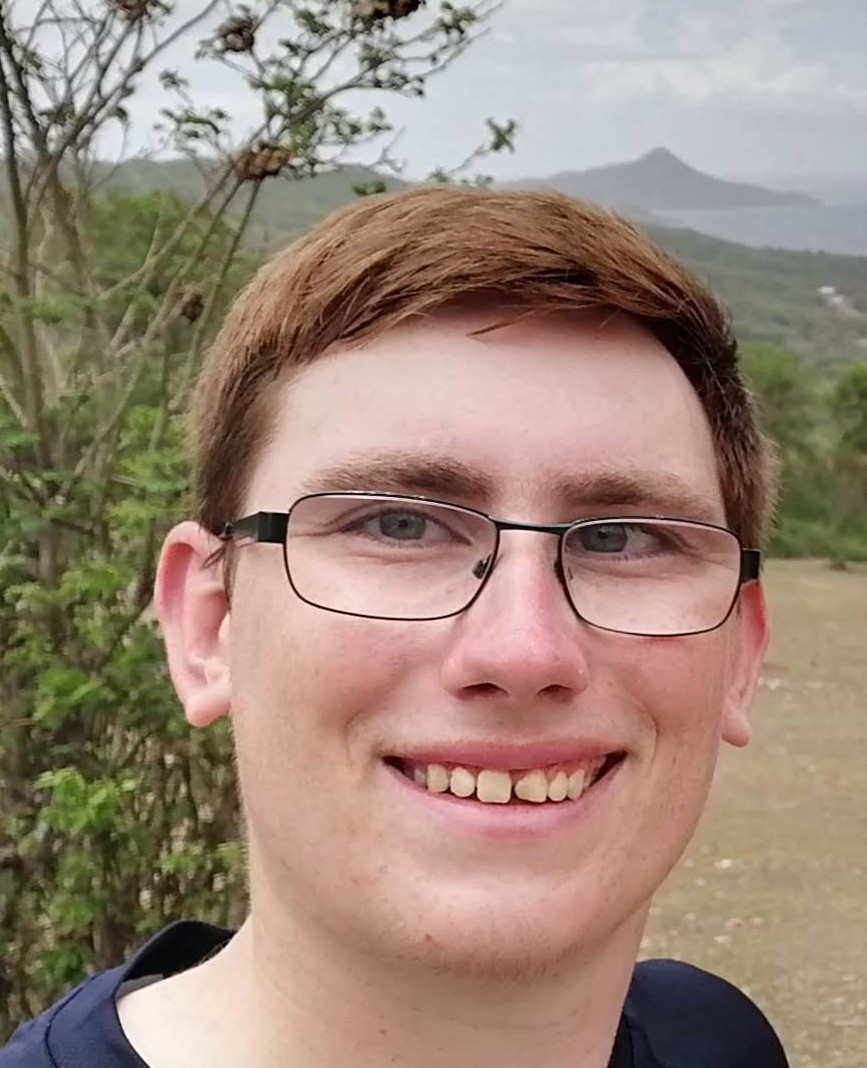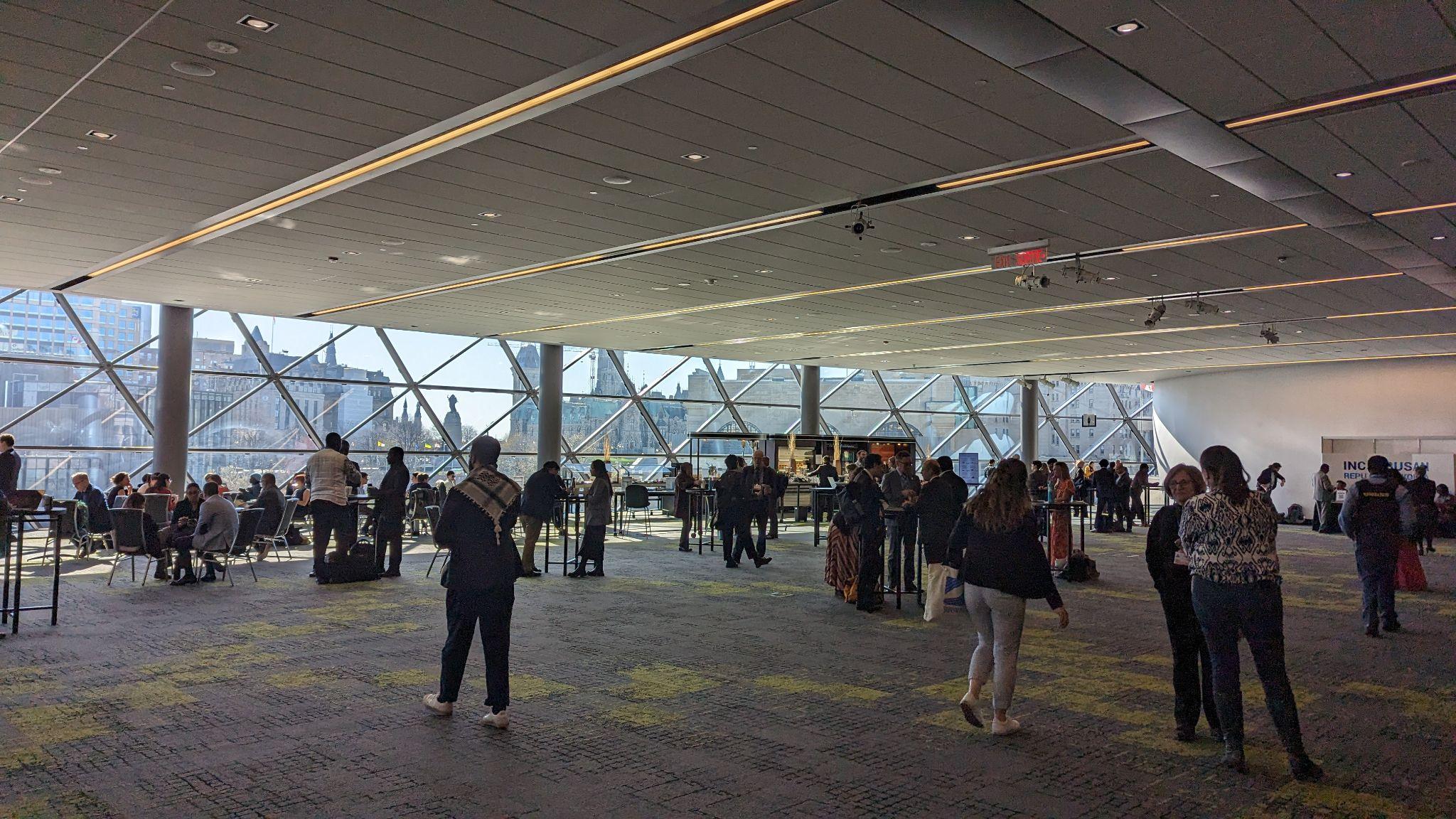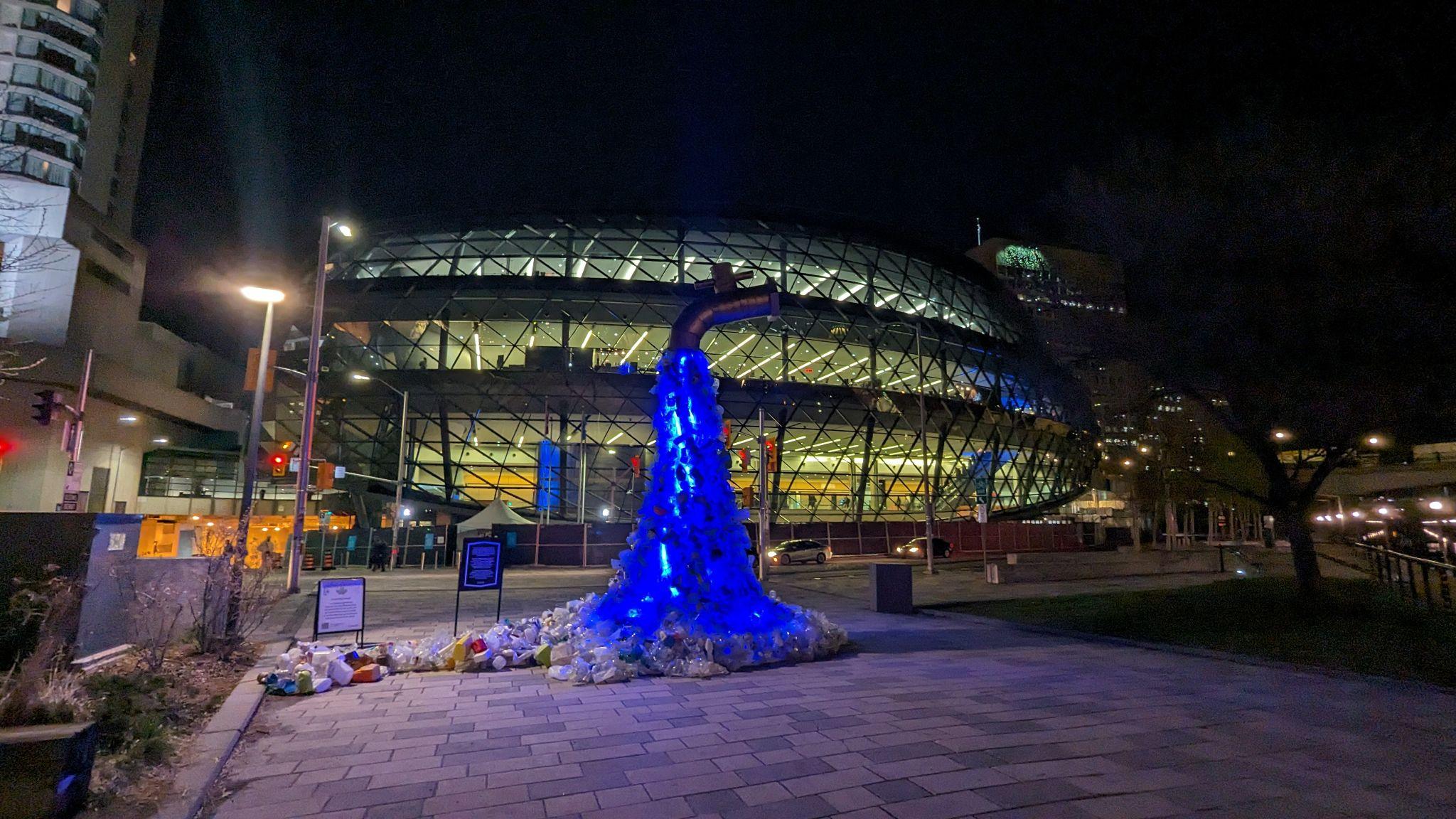
At the UN plastic treaty talks, negotiation fatigue is beginning to set in, sub-groups are getting down down to the nitty-gritty of hammering out the provisions, and Japan plays a wildcard – but what would its “whole of society” approach mean in practice? Sam Winton provides an insider’s view of the issues that will decide what sort of treaty the world ends up with.
We are now past the halfway point of INC-4 and the committee has settled into subgroup discussions, with significant progress being made in streamlining the text. By the evening of day 4, Subgroups 1.1 and 1.3 had concluded their first reading of the streamlined text and have provided the co-facilitators with the mandate to conduct further streamlining before line by line negotiations commence. Subgroup 1.2, which has a significantly greater workload, still has a number of provisions to discuss before they can move to the same stage. In the discussions I attended on day 4, a number of provisions were discussed:
- Subgroup 1.1 discussed a new provision (Part II Provision 13bis in the revised Draft Text) which has been proposed by Japan. Unlike other provisions which require members to take specific actions on a single topic, this was intended to be an overarching provision which guides the implementation of all provisions under part II. The provision would encourage parties to adopt a ‘whole-of-society approach’ to promote circularity and prevent the leakage of plastics into the environment. The provision has a related annex setting out some of the measures that members could take. In discussion, members were unsure how the unconventional approach of an overarching provision could be operationalised in the treaty and the provision therefore did not receive widespread support. However members agreed that the concepts of the provision could be incorporated into other parts of the text.
- Subgroup 1.3 discussed part II Provision 9a (waste management). This is a rare case of a provision which all members support, though their proposed approaches to the provision do diverge. One coalition of members heavily emphasises the role of collection and recycling, arguing that waste which is suitably managed is not a problem, regardless of the volume. This coalition generally tends to be opposed to mandatory targets, particularly for developing countries. Other members call for global binding targets. All members agree that the provision should be fully aligned with the Basel Convention on the Control of Transboundary Movements of Hazardous Wastes and Their Disposal, using common language where possible.
- Subgroup 1.3 also discussed part II Provision 10b (Transboundary movement of [non-hazardous] plastic waste). As the Basel Convention already regulates this issue a majority of members believe that the global plastic treaty should not interfere on this matter. While there are a small number of members who are arguing for the treaty to go above and beyond the Basel Convention, my sense is that the final version of this provision is likely to require members to conform with the Basel Convention with no further measures in place. If countries wish to see any stronger measures the most appropriate path would be through amending the Basel Convention.
- In concluding this phase of their work, Subgroup 1.3 discussed part II Provision 11 (Existing plastic pollution). The long hours of the INC are clearly affecting delegations and despite 2 calls from the co-facilitator for members to take the floor, there was an initial silence. This prompted a rare moment of levity with the co-facilitators asking delegates to stand and stretch in an ‘active break’, to the amusement of the room. After this interlude one member intervened to ‘break the ice’ prompting subsequent interventions from other members. While there is convergence on the importance of this provision, opinions differ on who should bear the brunt to the cost of remediation. One prevailing view is that the larger, richer nations who create most of the world’s plastic should pay more than others, particularly SIDS, while other members feel that the cost should be divided evenly. This will require further discussion in line by line negotiations.

The evening of day 4 saw our first stocktaking plenary session of the week. This provided a first opportunity for the whole committee to convene, receive updates from the contact groups, and express any concerns to the Chair and Secretariat. In reports from the co-chairs of the contacts groups we learned that Contact Group 2 provisions are progressing well, though both subgroups are yet to complete their first reading of the streamlined text. This work will continue over the weekend. In reporting back from Contact Group 1, the co-chairs raised a couple of concerns which members had shared earlier in the week. Firstly, there has been some confusion over the mandate of the subgroups. Moving forward, members would like further clarity on the role of subgroups and topic of conversation. Second, the work among subgroups has not been evenly distributed. Members have requested that more time be allocated to subgroups with larger workloads to allow their work to be completed.
After these updates, members took the floor in a lengthy discussion to express their views on the working arrangements for the rest of the week, as well as future INCs. Initially the US and Norway asked that, given the large amount of work left to do, 3 parallel subgroups should be convened for the rest of the session. This met significant resistance from members with smaller delegations, who do not have the resources to cover an extra subgroup. Ghana, for the Africa Group, further requested that subgroups do not meet beyond 10 pm. During 90 minutes of interventions on this topic it was clear that there was no consensus in the room. In one of the most notable interventions, Brazil recognised that there was a clear dividing line between developed and developing countries, influenced primarily by delegation size. Brazil further recognised that financial support offered to developing countries for them to participate only covers 2 delegates, and this is the reason that the generally accepted UN practice is to have no more than 2 parallel meetings. In their strongest message, Brazil rejected the view offered by some members that an unwillingness to work late displays a lack of commitment to the negotiations, highlighting that larger delegations can rotate negotiators to provide rest, while delegates for some members have to be in back to back meetings from 8am until late at night.

Night falls at the Shaw Center where artist and activist Benjamin Von Wong has installed a giant plastic tap to greet delegates entering and exiting the negotiations (Photo: Sam Winton)
It is clear that walking the line between making sufficient progress while also respecting the rights of all members is extremely challenging, but as was noted on more than one occasion, when members are excluded from the process based on their lack of capacity, trust can be eroded and members may lose confidence in the Chair. After hearing all views, the Chair stated that his intention was to only schedule 2 parallel meetings but asked for flexibility from members if an extra meeting had to be scheduled exceptionally. He made no reference to the topic of late night meetings however, and it seems almost certain that we will continue to meet late into the evenings this weekend.
With 10 scheduled days remaining in negotiations, we now expect to move into 2 days of contact group discussions, before a final day of plenary meetings on monday. I will provide my next update after Sunday’s negotiations have concluded and I hope to be in a position to share positive reflections on significant progress in textual negotiations.
BIO
I am a postgraduate researcher working for the Revolution Plastics Institute at the University of Portsmouth since its creation in 2020. In 2023 I commenced my PhD studies titled ‘To what extent has the structure and implementation of the INC process facilitated the development of an effective Global Plastics Treaty?’ at the University of Portsmouth and the University of Surrey. This research will focus on how the structure and implementation of the INC process impacts the treaty’s outcome, consider how the inclusion of stakeholders in the process influences a fair and just treaty, and investigate the implications of the final text for members. With a background in environmental hazards and community preparedness, my main research focus is working with communities and a broad range of stakeholders to tackle environmental challenges. I have also conducted work with international organisations with a view to creating policies to tackle the global plastics problem, and facilitate sustainable development.
